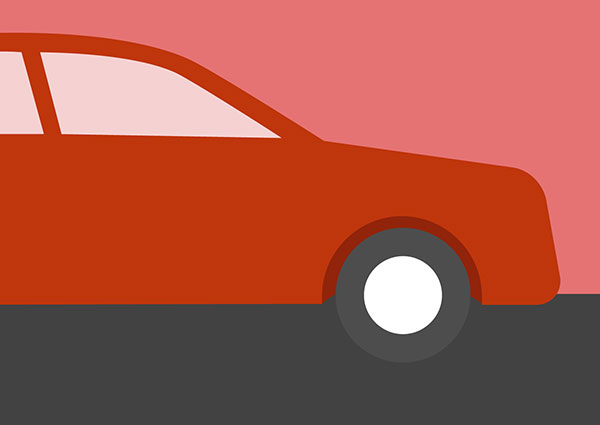Curriculum links
England
Mathematics
Number - addition and subtraction
Pupils should be taught to:
- solve problems, deciding which operations and methods to use and why
Geography
Human and physical geography
Pupils should be taught to describe and understand key aspects of:
- human geography, including: types of settlement and land use, economic activity including trade links, and the distribution of natural resources including energy, food, minerals and water
Scotland
Numeracy and mathematics
Number, money and measure
- Having determined which calculations are needed, I can solve problems involving whole numbers using a range of methods, sharing my approaches and solutions with others. (MNU 2-03a)
Information handling
- Having discussed the variety of ways and range of media used to present data, I can interpret and draw conclusions from the information displayed, recognising that the presentation may be misleading. (MNU 2-20a)
Social Studies
People, place and environment
- I can discuss the environmental impact of human activity and suggest ways in which we can live in a more environmentally-responsible way. (SOC 2-08a)
- Having explored the ways journeys can be made, I can consider the advantages and disadvantages of different forms of transport, discussing their impact on the environment. (SOC 2-09a)
Wales
Mathematics
Skills
Solve mathematical problems
Pupils should be given opportunities to:
- select and use the appropriate mathematics, materials, units of measure and resources to solve problems in a variety of contexts
- identify, obtain and process information needed to carry out the work
- develop their own mathematical strategies and ideas and consider those of others
- try different approaches; use a variety of strategies, sequences of operation and methods of calculating
Range
Handling data
Pupils should be given opportunities to:
- use and present data in a variety of ways including tables, pictograms, charts, bar charts, line graphs, diagrams, text and ICT
Geography
Skills
Locating places, environments and patterns
Pupils should be given opportunities to:
- use maps, imagery and ICT to find and present locational information
Range
Pupils should be given opportunities to study:
- living in my world: caring for places and environments and the importance of being a global citizen
Northern Ireland
Mathematics and Numeracy
Processes in Mathematics
Making and monitoring decisions
Pupils should be enabled to:
- develop a range of strategies for problem solving, looking for ways to overcome difficulties
Handling Data Collecting, Representing and Interpreting Data
Pupils should be enabled to:
- interpret a wide range of tables, lists, graphs and diagrams
- explain their work orally and / or through writing and draw conclusions
The World Around Us
Interdependence
Pupils should be enabled to explore:
the effect of people on the natural and built environment over time
Place
Pupils should be enabled to explore:
- positive and negative effects of natural and human events upon place over time
Change over Time
Pupils should be enabled to explore:
- the effects of positive and negative changes globally and how we contribute to some of these changes
